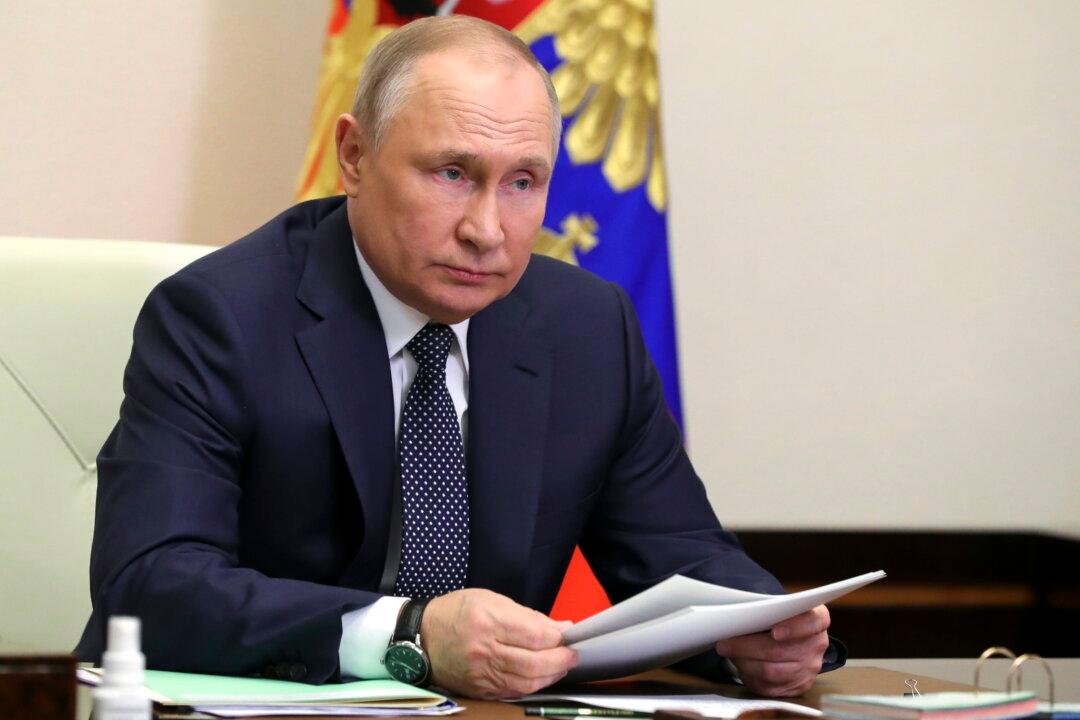Russian President Vladimir Putin has instructed his government to “monitor” exports of food to countries that Moscow deems as “hostile” as the West weighs up levying more sanctions against Moscow.
Putin announced the move during a meeting on agriculture on Tuesday, just days after the European Union proposed sweeping new sanctions against the country in response to allegations of Russian forces committing war crimes in Ukraine.




